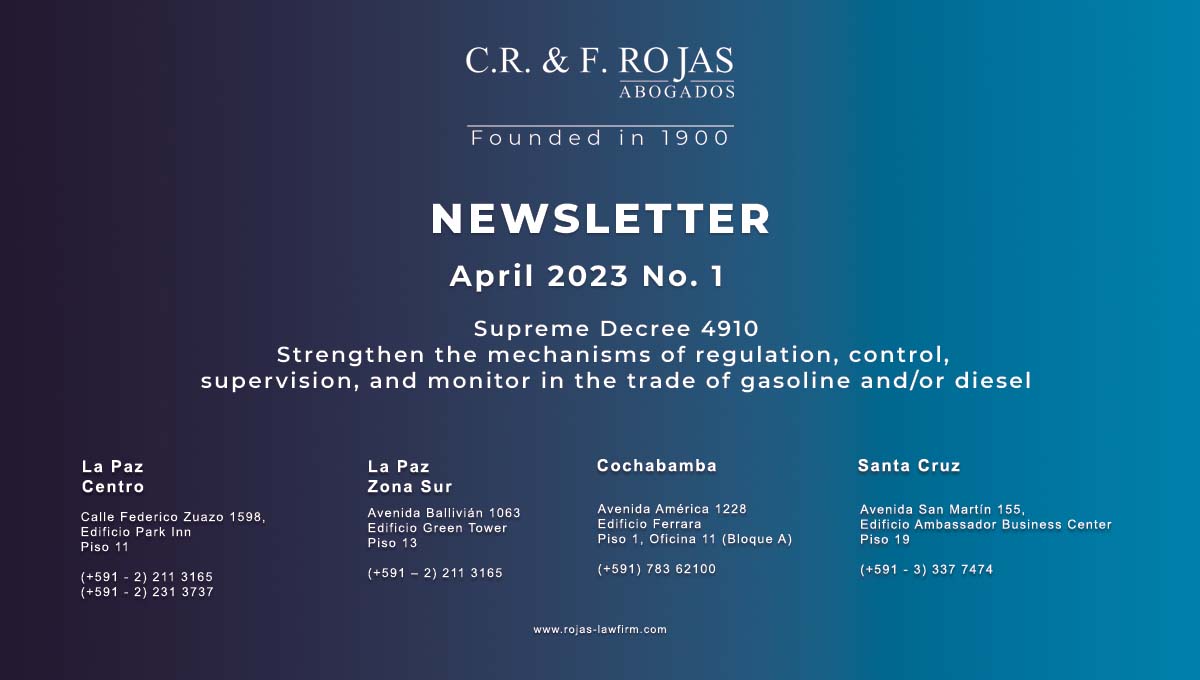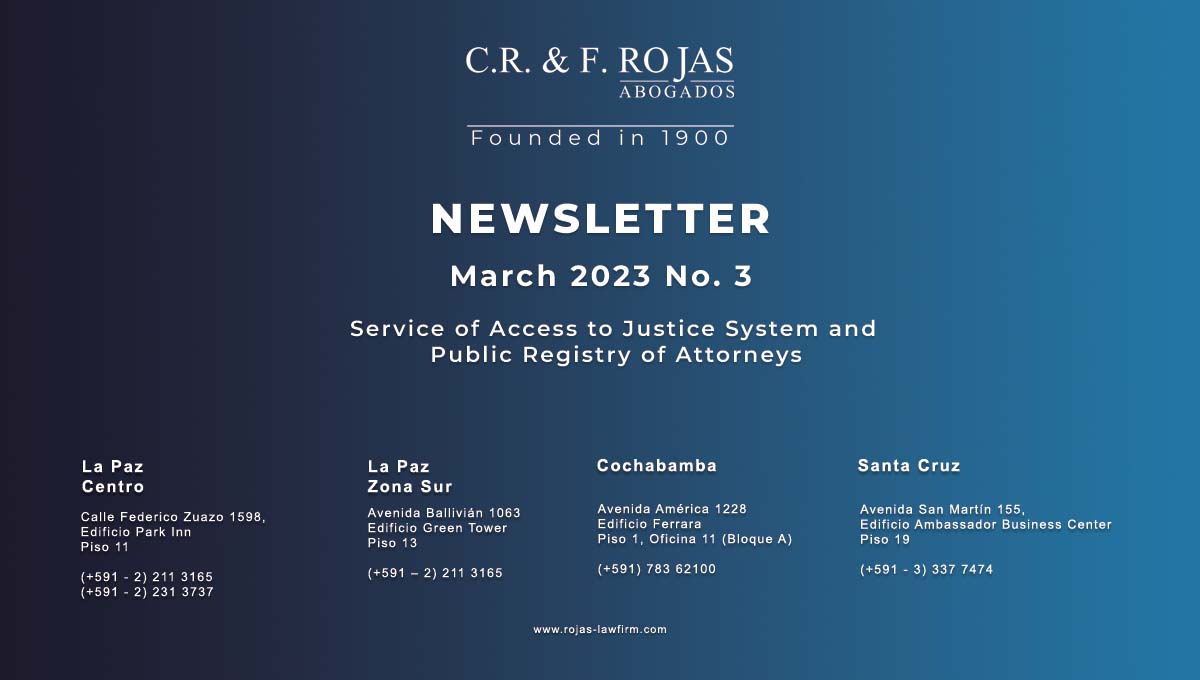They can be an invaluable resource for building relationships, training and cross-selling, but how do they deliver the greatest value to member firms?
What added value do networks offer their member firms and what steps are you taking to ensure proper integration between members?
Marco Bolognini, president, Globalaw: Networks should be opportunities for law firms to grow their local reach and take on bigger global projects with the knowledge that they are part of it.
At Globalaw, we host four annual meetings, in addition to a series of sector initiatives-based legal practices. This allows members to get to know each other personally, share best practice and work together on clients and projects. We are always looking for opportunities to facilitate members connecting, whether in person or through regular sector or regional conferences and calls. We also limit the number of firms per jurisdiction, so the network remains robust and members can really get to know one another. Globalaw provides our firms with the right network to find and create new opportunities on a global multi-jurisdictional level that a single one is unable to do on its own.
Glenn Cunningham, Interlaw: In 2018, in partnership with the Møller Institute at Churchill College, University of Cambridge, Interlaw developed and launched its first executive education curriculum for member firms, which is already fully subscribed and took place in September 2019.
Targeted at partner-level lawyers, the residential three-day programme is designed to give access to the highest calibre leadership training, in order to support and educate member firms in their growth and development.
Our global theme for this year of ‘Winning International Pitches’ delivered advice from experts, modern training skills on how to integrate pitching
strategy, and also included in-person workshops at Interlaw events, as well as webinars from specialists in various jurisdictions.
We also developed a dedicated, secure members’ portal on our website that provides access to a regularly updated suite of professional and business
development resources, helping to drive excellence in service delivery, as well as using digital platforms to help partners enhance their connections.
Adam Cooke, Multilaw: We offer a training programme each year to junior lawyers called the Multilaw Academy. This is a lawyer exchange which offers opportunities to managing partners, CTOs, business development directors and HR directors of firms, to share experiences and best practice in a noncompetitive environment. Our website is key to ensuring integration between our member firms. It is where all the lawyers of Multilaw member firms can find a place to access resources, explore opportunities and, ultimately, make business together. All Multilaw’s referral activity is tracked online. I also spend a substantial amount of my time each year visiting as many firms as I can and ensuring they are maximising the potential that Multilaw membership offers them.
Mark Osgood, BOKS International: At BOKS International, we aim to facilitate member referrals and minimise barriers so, in addition to a 48-hour guarantee of client placement regardless of jurisdiction, we also offer territorial exclusivity to our members and do not charge referral fees.
Regular regional and global conferences help us to maximise member integration, but we also take advantage of technology which allows us to hold ad
hoc web meetings between members around the world. Member-led technical committees also serve to strengthen connections between those involved.
How are networks responding and adapting to the changing roles of in-house counsel?
Bolognini: In all our meetings, we dedicate at least a couple of sessions to conversations, debates andvroundtables with in-house counsels. This better enables us to understand the needs, pressures and concerns of in-house teams, helping our lawyers tovempathise on a professional level.
We also work with in-house counsels to ensure they understand the unique strengths, capabilities and flexibilities of working with an integrated network that offers multi-jurisdictional advice with first-class local firms. In addition, we are developing digital tools to seamlessly work and contact the in-house counsels we work with.
Tim Brown, TerraLex: Through member and client feedback, we remain abreast of the changing needs and roles of in-house counsel. We share this information regularly with our members and work closely with them to craft client solutions that demonstrate this understanding. Client feedback is obtained in a variety of ways, including regular one on-one meetings with GCs and their legal teams; participation of clients at TerraLex Global and regional meetings (on panels and hearing from members in the audience); and through market research – some of which we conduct ourselves.
Cunningham: ‘New law’ became the buzz phrase of 2018, as clients increasingly made decisions based on reputation, expertise and price, rather than whether a firm has an international name on the door. Our research report – Global Legal Services in a Disruptive World – confirmed this, as it found 87 per cent of GCs are more focused on the calibre of the service they receive than the structure of the provider. As such, there has been a steady evolution of the relationship between client and legal provider.
This means elite global legal networks are now more relevant than ever and are proving to be genuine challengers to the traditional international
firm model. While the ethos of the network – where partner firms work together seamlessly in collaboration, providing clients with local expertise
and global reach – has not changed over time, the way we operate has. Those who believe that networks are simply ‘clubs’ are out of date and behind the times.
“Networks are now agile, digitally enabled organisations, capable of servicing the most complex, multi-jurisdictional client needs.”
Glenn Cunningham, Interlaw
Tanna Moore, Meritas: The time of the network as the solution to in-house counsels’ international legal needs has definitely come. We are in the eye of the perfect storm – when in-house counsel is facing the pressure to become more efficient with outside resources, during a time when doing business globally is truly attainable and easier than ever. The opportunity is great, but legal budgets remain flat or are decreasing. Counsel needs to effectively tap into consistently strong legal resources, in select markets where their company is going or growing.
Osgood: We don’t yet have any in-house legal departments as members, but are instead focusing our growth efforts on attracting independent firms in new locations. However, the legal services division of TC Group (the founder of BOKS International), also performs a significant in-house function, so we consider ourselves well-placed to integrate the needs of in-house departments that become members in
due course.
How has your marketing to the legal community changed over the past few years and how do you plan to move it forward?
Brown: We supplement our business development efforts with marketing activities that add value to the client community. For example, substantive content is delivered via the Lexology portal, including our Connections newsletter, which is a compilation of member-provided thought leadership. Our crossborder comparison guides allows a client to create a bespoke document highlighting answers to key questions they might have in whichever jurisdictions are of interest, at the touch of a button. For example, if a client is considering copyright requirements in four countries where they have operations, they can simply create a tailored guide with content provided by our members and delivered via our website.
Another feature of our new website (launched this May), is easy-to-access success stories, which allows a client to better understand by examples how a group of TerraLex members working together and offering support might help them.
Cunningham: We have set up and grown structures such as affinity groups and special business teams within the partner network. This has increased engagement, with several events happening to bring together firms from across the globe to discuss issues affecting their specialties. These exciting events have grabbed the interest of clients and firms alike.
Externally, we don’t want to rely on one channel to tell the story of our network and its partners. Our partner firms are great at expressing the advantages to their clients and this is important to hear it direct from a trusted source. The advantages of a legal network are only
becoming clear to some due to it being a quiet giant” as it has been described by [Legal Mosaic CEO] Mark Cohen. But the range of channels we are exploiting give us a chance to tell a bigger story across the areas we own, as well as those where we rely on others to tell it for us.
As those in the legal sector continue to be increasingly reliant on digital to complete business, interact and learn, we are developing our offering on digital channels to partners and clients alike.
Cooke: When I first started as executive director six years ago, I had to begin each meeting with a prospective client or, indeed, member firm with an explanation of what a legal network was and was not.
Those days are definitely behind us and networks are an established part of the legal scene. The key message that we are trying to impart right now is if you are an organisation with real global ambition, in say, 100-plus countries, then a network is your only option. The global firms don’t even come close to being able to offer that coverage.
Neil Sheehy, World Law Group: As we follow a model in which the network recruits new members only as the needs of our members and their clients dictate, the network’s marketing strategy is more internally focused within our member firms. World Law Group leverages practice and industry groups, the marketing and business development professional’s forum, the member firm leader’s forum and our administrative contacts as tools with which to achieve this goal. We will continue to use various modes of social media to ensure that we are kept top of mind within each of its member firms.
What strategic internal reorganisations and changes have taken place at your network over the past year or so and what was the primary reason for implementing these?
Bolognini: We have oriented the network towards greater commercial proactivity. It is important to talk about issues related to technical and legal problems, but we wanted to push the activity outwards, so that the market knows Globalaw and its members, and values its professional offer as a real alternative – if not a better alternative – to the big global firms.
“If you are an organisation with real global ambition, then a network is your only option. Global law firms don’t even come close to offering that coverage”
Adam Cooke, Multilaw
Brown: Besides the deepening of our business development team, other changes have included technology infrastructure (moving everything to a Microsoft cloud-based environment to provide greater cybersecurity and ease of operations), the development of a new website and redesigning the structure of our global meetings to allow greater client participation.
Our adoption of HighQ has also served to allow members to communicate and share information more efficiently. No longer is it necessary to track down email details, since all the necessary information is on the HighQ platform. With nearly 160 members worldwide, it is crucial for them to be able to contact each other with the minimum of effort. Our partnering with HighQ has served us very well in that respect.
Osgood: BOKS International has only been operating for two years, but in that time we have attracted almost 50 member firms across all global regions. We have a full-time team dedicated to growing our member base and supporting initiatives developed by our recently formed member-led technical committees.
As we continue to expand in new territories, giving members a greater platform to drive our future development will become more important. Now our primary focus remains breaking into the global top 20.




